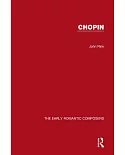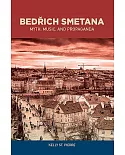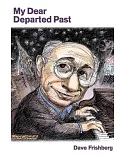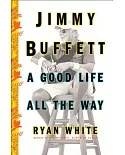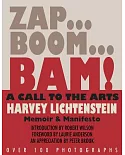During his early years, Franz Liszt worked as a traveling piano virtuoso, his adventures highlighted by his entr矇e into the literary world as a correspondent for the most
popular French journals of his time. In this second volume of Janita Hall-Swadley�� The Collected Writings of Franz Liszt, Liszt�� work as a
music essayist and journalist is on full display. In his essays, readers will see the influence of the revolutionary theories of Hugues-Felicit矇 Robert de Lamennais, Victor Hugo, and
Fran癟ois-Ren矇 de Chateaubriand as Liszt boldly calls for social reforms on behalf of musicians and musical institutions, from demands for a repertoire of church music of divine praise to the
timely publication of inexpensive music editions.






